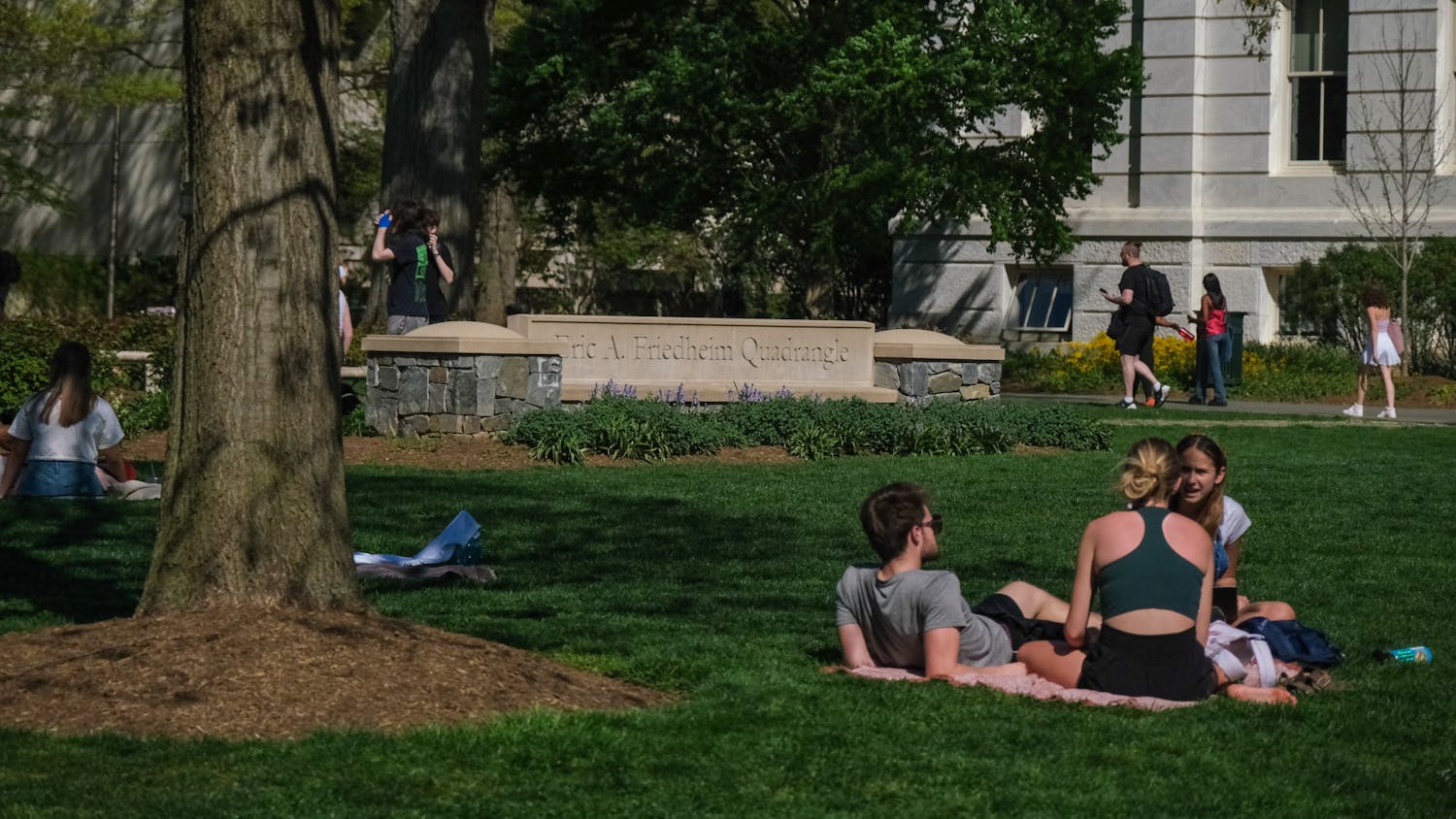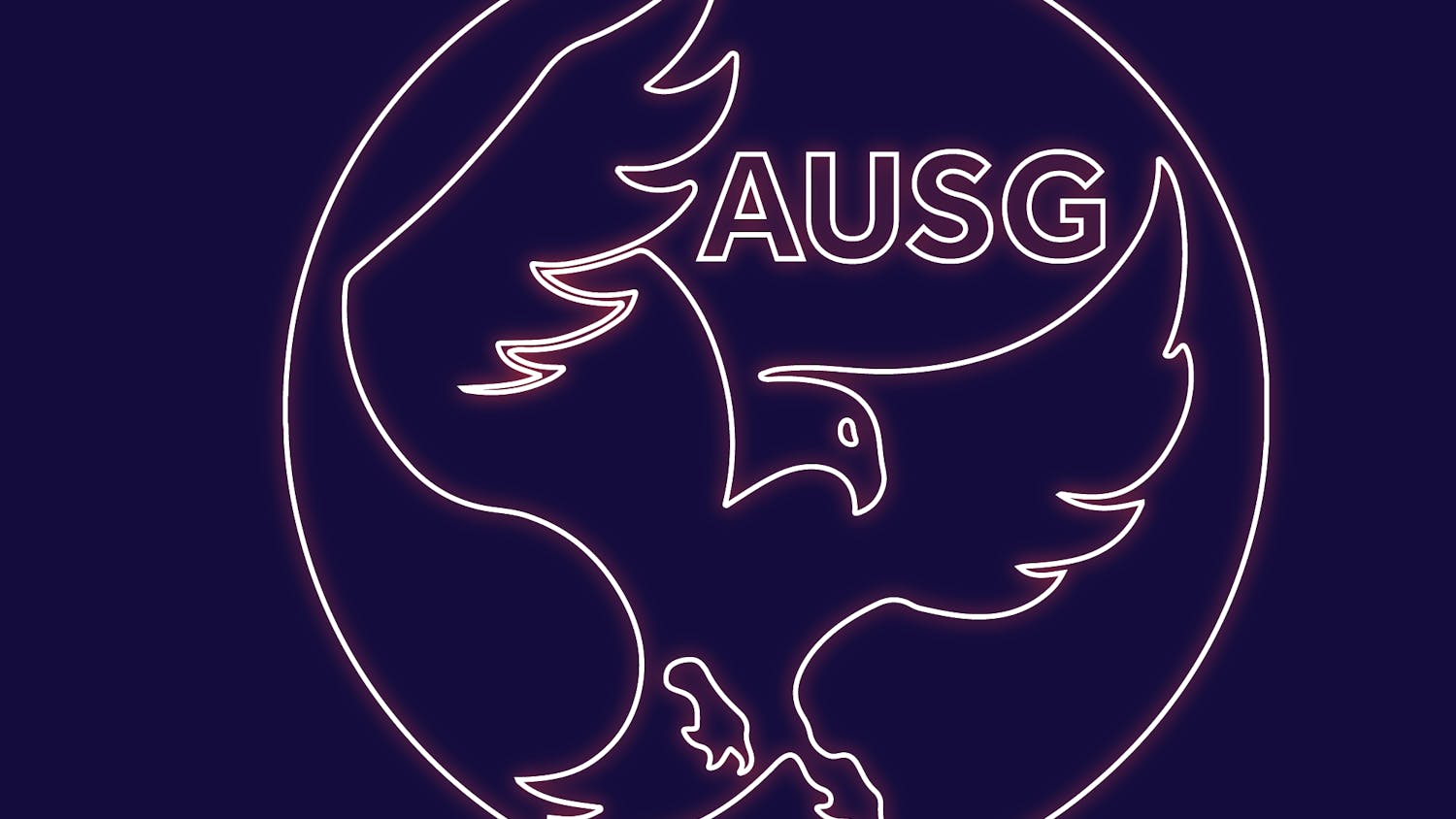The Student Government Judicial Board garnered campus attention Sept. 4 when it temporarily halted impeachment proceedings against former Comptroller Matt Handverger.
It was the second time in six months that the Judicial Board had put a stop on Senate proceedings. Last spring semester the Board invalidated the Senate’s censuring of former AUTO Commissioner Zach Schwartz.
The board is one-third of the Student Government Judicial Branch, but students have said they rarely hear about it.
“The Judicial Board is the official authority on all SG governing documents and procedure,” said Judicial Board Chair Natasha Pereira. “It is responsible for overseeing the proper function of all SG entities and ensures that they adhere to the governing documents.”
This September, the Judicial Board halted the impeachment proceedings against Handverger. An anonymous inquiry about the admissibility of evidence had been submitted to the board, prompting the board to halt the proceedings. The charges were dropped later that night, and Handverger resigned the next week.
The Judicial Order prompted an outcry from a few Senate members on during the impeachment proceedings on Sept. 4.
“This is absurd,” said Sen. Steve Dalton during the proceedings. “Why are we being asked to turn over the proceedings to five people who are accountable to no one?”
In the censuring of Schwartz, the Judicial Board ruled that the actions the SG Senate made during a closed session were invalid. During the closed session, the Senate approved an AUTO oversight bill, debated the allegations that Schwartz had misused AUTO vans for personal use and motioned to censure him.
However, the votes were ruled invalid by the Judicial Board because votes may not be taken during a closed session of the Senate.
The Judicial Board is made of six members who are confirmed by the Senate: the chair, four associate justices and the clerk, who does not have voting rights. The members remain on the board throughout their AU career or until they choose to resign. They make sure the actions of the other two branches are legal, according to the SG bylaws.
The Judicial Branch also includes the Board of Elections, which ensures that SG elections follow the AU guidelines, and the Parliamentarian, who advises SG on procedures and governing documents, according to the AUSG Web site.
When a student or SG member submits an inquiry to the board, the justices have five school days to discuss it. A decision on the inquiry can be issued at any time during or after the five-day period, said Associate Justice Erika Zois.
If no inquiries have been filed, the Judicial Board generally tries to meet every other week to discuss issues related to SG or redoing the board’s archives, Zois said.
“We’re working on getting more out in the open in the AU community,” Zois said. “A lot of people think we’re [Student Conduct and Conflict Resolution Services].”
The Senate also questioned the role of the Judicial Board and its relation to the other two branches during this month’s comptroller impeachment proceedings.
“Does all oversight of the Judicial Board end with confirmation?” Dalton asked.
“That’s an interesting question,” Dunham said. “Who oversees the Supreme Court?”
You can reach this staff writer at landerson@theeagleonline.com.




